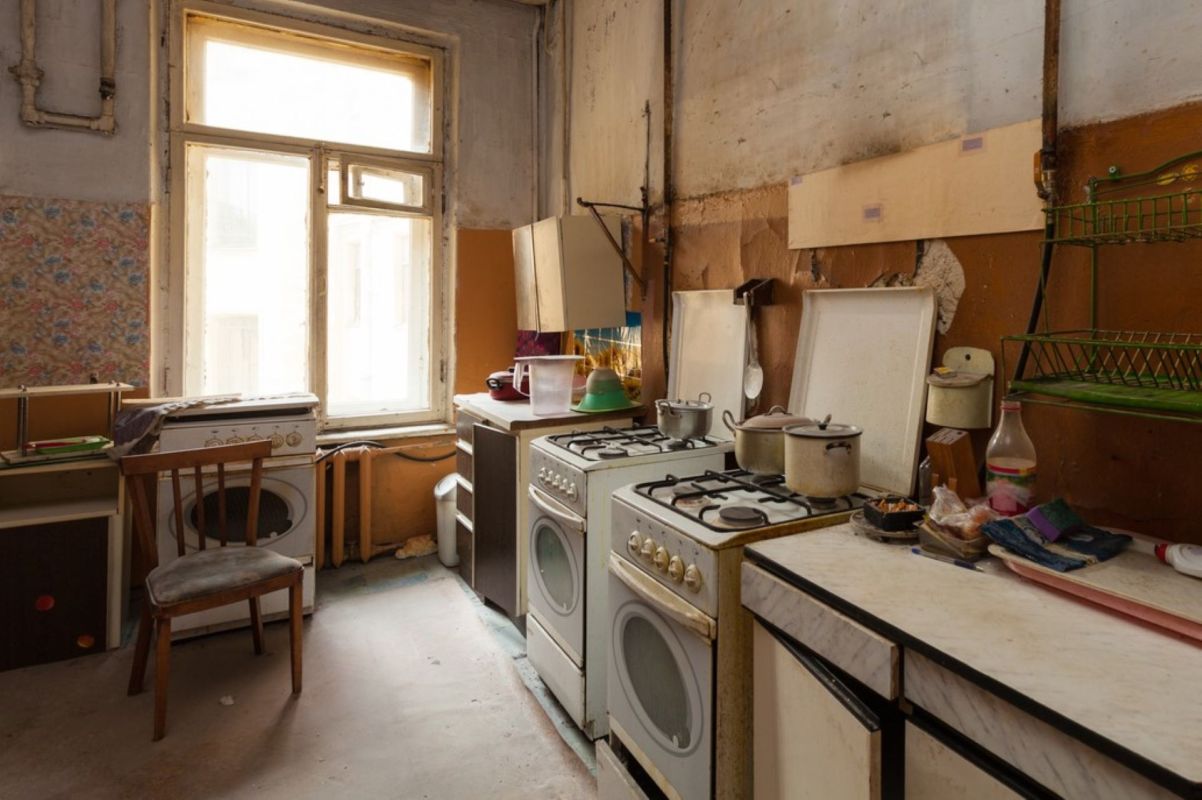There are a million reasons to redo your kitchen — but whatever the motivation, the most important thing is doing it right the first time.
Thankfully, it's gotten way, way easier in the last few years to make home improvement decisions that help your family and your wallet at the same time, while also being better for the planet. Here are three easy ways to start.
1. Upgrade to an induction stove
New studies emerge seemingly every week showing that the fumes from gas stoves are strongly linked to causing and worsening serious health conditions.
One study, published in the International Journal of Environmental Research and Public Health, reported that over one in eight cases of U.S. childhood asthma were attributable to having gas stoves in the home.
But apart from the likely enormous health benefits of kicking gas to the curb, induction stoves are simply superior tools. They cook food faster, heat more evenly, don't produce nasty indoor pollution, and are also way easier to clean than those annoying grates.
🗣️ When you're buying a kitchen appliance, which of these factors is most important to you?
🔘 Price 💰
🔘 Safety 🦺
🔘 Effectiveness ⚡
🔘 Style and appearance 💎
🗳️ Click your choice to see results and speak your mind
These super energy-efficient stoves use electromagnets to heat up your food, meaning your kitchen won't fill up with fumes as you prepare your food.
Perhaps the best reason to upgrade now, however, is the up to $840 rebate available for people who make the switch. This incentive, provided through the Inflation Reduction Act, could cut the cost of a sleek new stove down a few hundred dollars. Or, you could get a simple induction burner for even less.
2. Upgrade your other kitchen tools
Old, nonstick pots and pans could contain PFAS, a group of "forever chemicals" that are linked to health issues like cancer and thyroid disease. If the cookware is in good condition, you are likely in the clear — but overall, upgrading to safer tools is always a good idea.
Consumer Reports has developed a helpful list of cookware items for those aiming to avoid forever chemicals found in nonstick pots and pans.
The Cool Down has also curated a helpful collection of eco-friendly pots and pans so you can invest in high-quality pieces for your kitchen.
3. Compost your food scraps
Americans throw away an absurd amount of food each year — close to 119 billion pounds. But you don't have to throw perfectly good food (or really, your cash) into the garbage.
Composting food scraps is becoming an incredibly popular way to reduce the amount of food you trash while getting free nutritious fertilizer for your plants and garden. Plus, besides seriously lowering your home's food waste (more than 70 pounds a year), you can keep your kitchen smelling fresher.
So, how exactly can you incorporate composting into your new and improved kitchen? There are a few options.
On the more luxurious end, there's the Mill, an innovative piece of food recycling tech that dehydrates, deodorizes, and shrinks your food waste, all before a Mill team collects it and turns it into chicken feed.
The Lomi is a similar tool, although it actually creates a mega-nutritious food for your plants. The company claims that besides shrinking your environmental impact, the Lomi also shrinks the total space your food waste takes — a decrease of 80%, which means way fewer trips to your outside trash can.
On the cost-friendly end, there are plenty of indoor and outdoor bins that have odor-eliminating technologies and won't break the bank. This $30 countertop compost bin lets you store your food scraps easily. Then, depending on where you live, you can turn that food waste into gardening gold.
Meanwhile, some places, like New York City, are beginning to implement mandatory composting programs for residents. Many other metropolitan areas, like Washington, D.C., Atlanta, Miami, and Philadelphia, have paid composting pickup services that'll take your food scraps away to be turned into compost.
Join our free newsletter for easy tips to save more, waste less, and help yourself while helping the planet.







